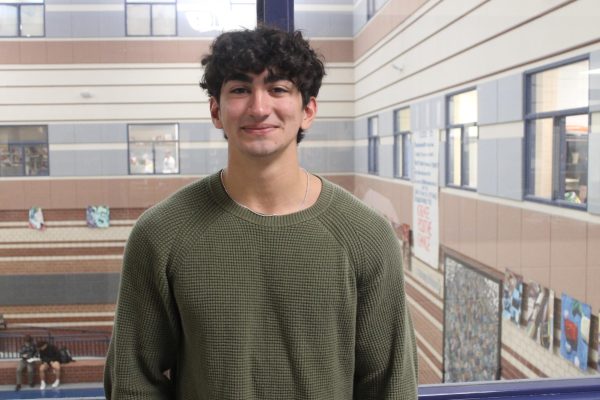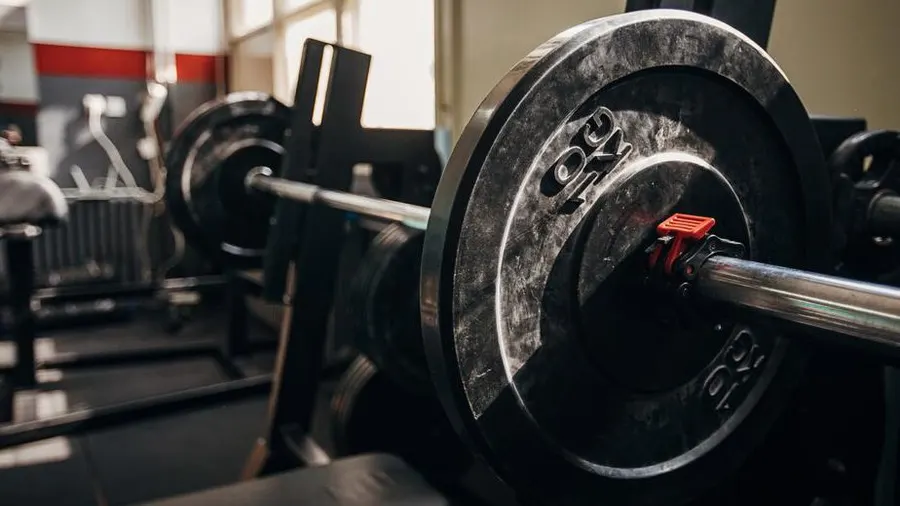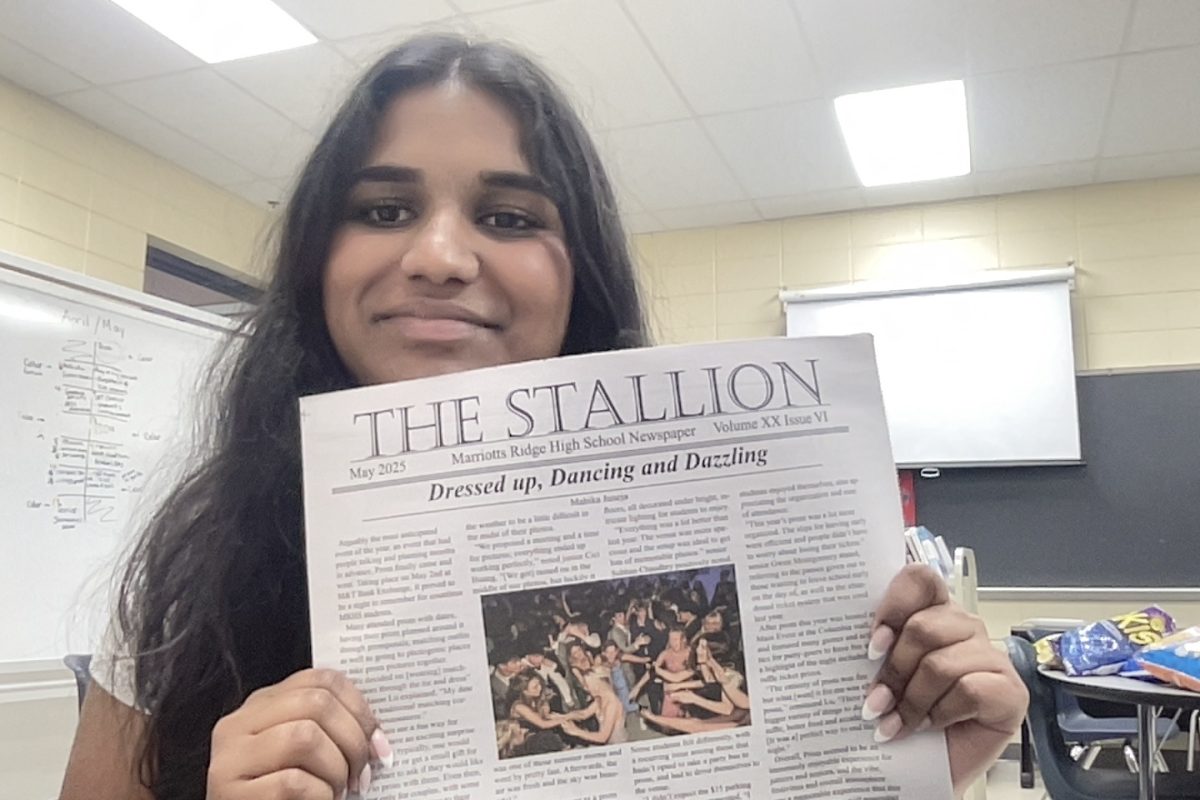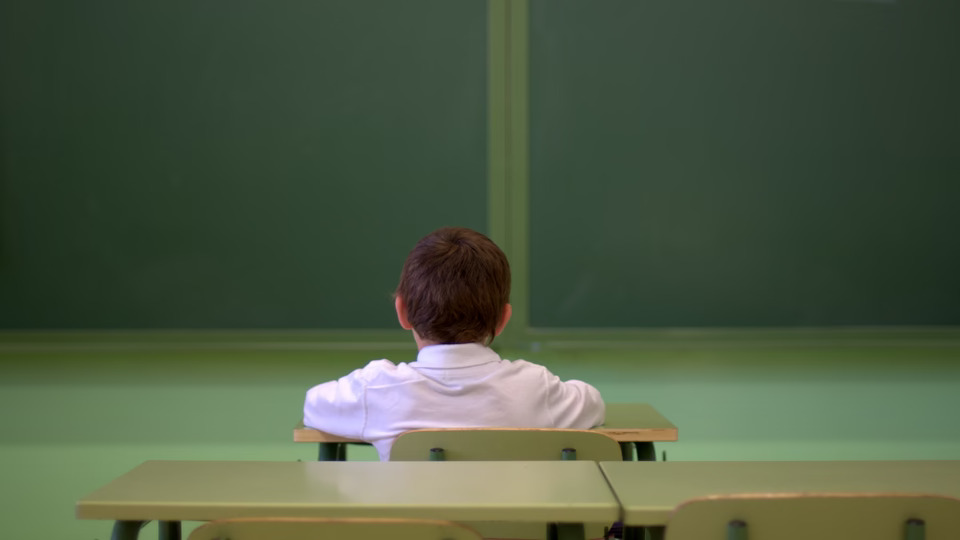The day I started lifting weights signified a major change in my life. I started much younger than most at age eleven pushing sleds, trying my first pull ups, and building a base to work on for the rest of my life with athletic trainers that I came to know like a second family. Each day I stepped in I became increasingly eager to prove myself, to push past what I thought I could do, and at a point in my life when I was in dire need of confidence, security, and belief in myself, the gym gave me an outlet to improve and to change as a person. This is the case for many people, evident in a survey given to MRHS Students about weightlifting where 69% of students reported regular weightlifting as part of their exercise routine, and the majority are doing so to achieve better health, more strength, or aesthetic changes.
While my goals with fitness have changed as I’ve grown, the gym has always been there for me as a way to tangibly make progress towards a goal that meant something substantial to me. Just by showing up, I could go to sleep that evening knowing that I had improved even if just a little. Weightlifting, as simple as it may seem on the surface, means more to me than just being a simple hobby, and while I’ve formed and strengthened bonds through a mutual love for the activity with others around me, I’ve additionally encountered some of the negative aspects that come with associating lifting and self worth.
Comparison is the thief of joy, and for me this was the case with lifting when I, like many others, became enraptured by an imaginary competition with those around me and online to become bigger and stronger. While I’ve emerged from this mindset proud of myself and the strength I’ve built, I still find myself fending off the idea that I could always be bigger, stronger or faster; and this struggle is not unique to me. Other students resoundingly find themselves wrestling with negative self image surrounding both their standards and that which social media presents. Among eighty-eight responses, 65% of students reported that their perception of an “ideal” physique has been influenced by social media, with the overwhelming majority of answers explaining that they needed to be bigger, leaner, stronger and better proportioned, even at the cost of longevity.
This is endemic to a larger crisis facing students today. According to Johns Hopkins Medicine, “The most common age of onset [for disordered eating] is between 12-25,” and the formation of these profoundly negative self beliefs is on the rise due to a heavy association between social media usage and body dysmorphic tendencies. According to a study conducted by the NiH, “More frequent appearance-based and appearance-motivated [social media usage] increases exposure to unattainable appearance ideals and consequently negatively impacts body dysmorphic symptoms,” and this kind of content is rampant across all manner of social media because unrealistic standards produce high levels of engagement. There is nothing wrong with lifting to look a certain way or to want to be strong, but there is an issue when students feel the need to lift weights to meet aesthetic standards they see on social media rather than maximizing their individual potential.
Regardless of whether or not students personally lift weights, it is becoming increasingly important in the modern world to distinguish what you see online from what exists in the real world. Competition should exist against oneself to be the best possible person possible, not against a standard that will only ever go up.
Categories:
Teens on Social Media’s Influence: Body Image Pressures
More to Discover
About the Contributors

Ragib Ahanaf, Editor and Social Media Manager
My name is Ragib Ahanaf, this is my second year of journalism. I am excited to learn more about how to write better articles. I love soccer and music. I hope to find many interesting topics to write about.

Noah Journo, Staff Writer
My name is Noah Journo, and I’m a senior in my second year of journalism. I participate in track and field as a runner and a thrower, play cello in the orchestra, and participate in Tri M and Key Club. When I’m not at school, I love playing guitar or listening to music. I can’t wait to return to writing this year.








